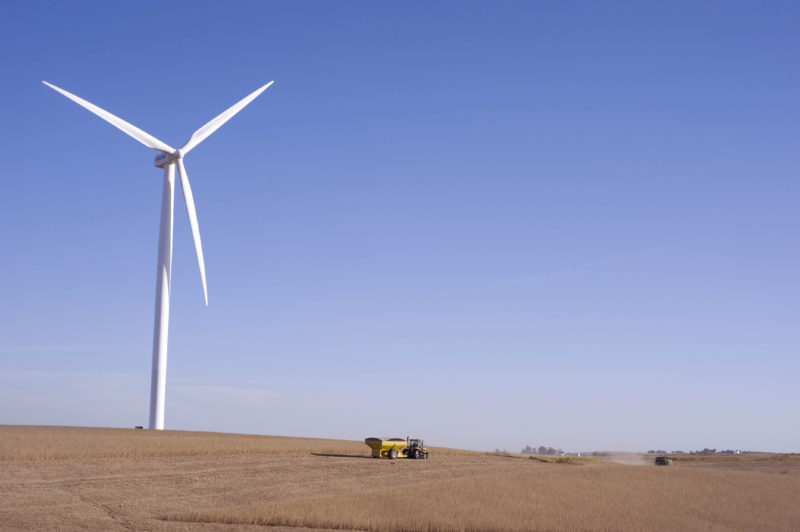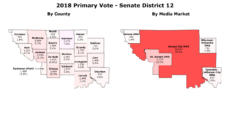As Congress continues to debate its budget for the next year, Renew Missouri is joining groups across the country to push for federal funding to help rural communities transition to clean energy generation.
Renew is part of the Rural Power Coalition, a collection of organizations working with rural electric cooperatives in several states that is advocating for $100 billion in federal loans with terms of forgiveness to help cooperatives transition to clean energy. The rural cooperative system faced difficulty making the transition without raising rates in order to pay off debts from other federal loans, according to the coalition.
Renew Missouri Executive Director James Owen said the loans would allow cooperatives to make the shift without accruing additional debt, a concept the group had originally pushed for as part of a CARES Act package.
“We’ve been working on this for a little over a year. In Missouri, rural electric cooperatives are not part of a larger energy market. They generate their own power from these coal plants,” Owen told The Missouri Times. “The idea behind this legislation is to provide loan forgiveness to the co-ops, and in exchange for that, they shut down the plants and are given money to reinvest in clean energy generation.”
The coalition’s request is based on estimated costs for cooperatives to make the switch, including plant closures totaling $57 billion across the country, with 10 percent of that allocation earmarked to provide economic support to displaced workers.
Another $35 billion would go toward increasing energy efficiency for 5 million households served by cooperatives while $8 billion of the appropriation would bolster electric vehicle chargers. The group suggested using the remaining $10 billion to help relieve the industry of the impacts of the COVID-19 pandemic.
Owen said Renew was discussing the push with Missouri cooperatives to see if they would join the effort as well.
Renew Missouri Policy Organizer Philip Fracica took part in a virtual town hall hosted by the coalition this week where he provided an update on the effort to add the program to either the bipartisan infrastructure bill working its way through Congress or the U.S. Department of Agriculture’s budget. Despite help from lawmakers, including Missouri Congresswoman Cori Bush, Fracica said the coalition’s request needed additional attention as the budget process continues.
“Right now this isn’t really a priority which is why we’re bringing folks together to try to get some momentum around this and make sure members of Congress really understand how important it’s going to be to have rural electric cooperatives in any infrastructure plan,” he said. “In the budget process, there’s a lot of engagement we can do to make sure this is done in a way that prioritizes rural interests.”
Fracica said priority reinvestments would include broadband infrastructure, a focus of lawmakers on both the state and federal level as well as utility companies and cooperatives.
Missouri utilities are taking their own steps toward clean energy with the state’s first electric school bus rolling through northern Missouri thanks to the Lewis County Cooperative and Ameren increasing its renewable generation portfolio through wind farms and solar facilities. Congressman Emanuel Cleaver submitted his own federal budget request to help Kansas City bolster its fleet of zero-emission buses.
Owen said collaborating with cooperatives in other states and lawmakers on the federal level could lead to more clean energy investments in Missouri.
“Ultimately I think it’s good that we have people from all over the country working on this because this is something that’s going to benefit communities all over the country as well — but it will absolutely benefit Missouri,” he said. “A lot of people are working to figure out what goes into this budget, but every time you invest in infrastructure and agriculture, it’s a good investment for everybody. I think this could be really groundbreaking, especially here.”

Cameron Gerber studied journalism at Lincoln University. Prior to Lincoln, he earned an associate’s degree from State Fair Community College. Cameron is a native of Eldon, Missouri.
Contact Cameron at cameron@themissouritimes.com.

























